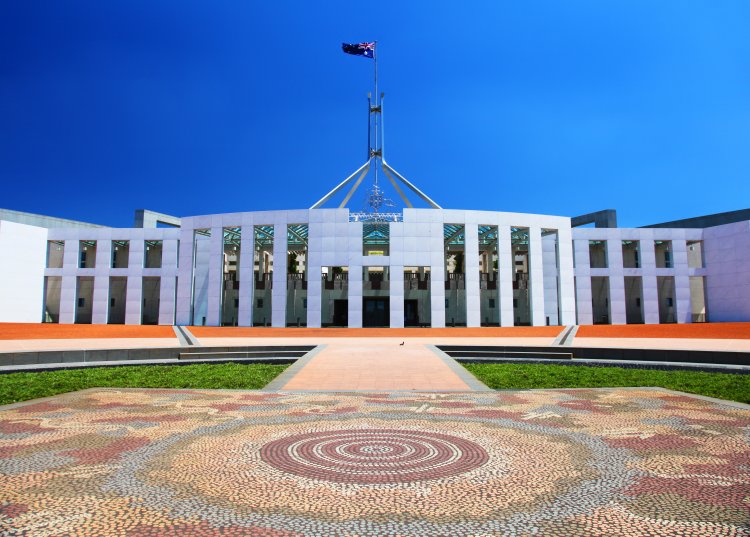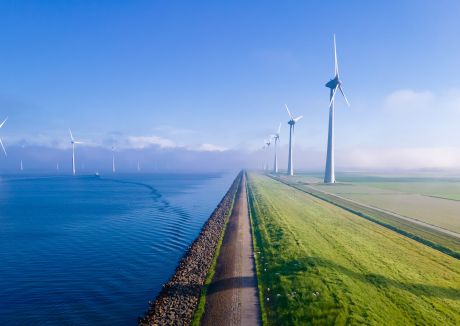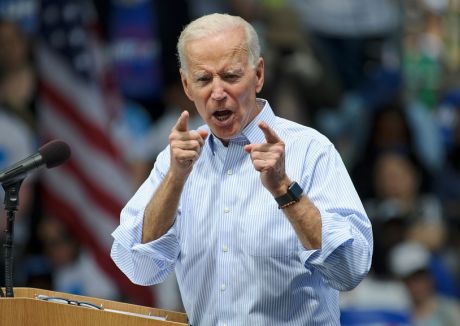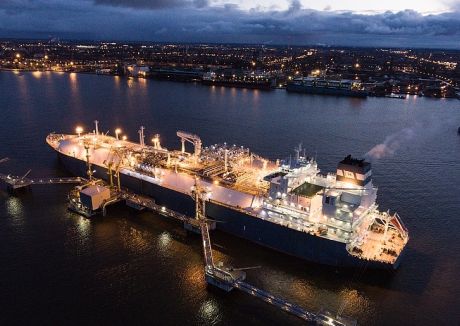There was a fair amount of moral indignation expressed by the gas industry at Australia’s Prime Minister Malcolm Turnbull’s announcement on 26th April that he would bring LNG export controls into place to ensure security of gas supply to the domestic market – a move which he said would also “halve” domestic gas prices. The move was condemned as a desperate populist shot from an unpopular administration and quickly compared to similar protectionist rhetoric emanating from the Trump White House.
But should the industry really be so surprised and does it have a right to be indignant?
One thing we have seen from the California energy crisis onwards is that whilst politicians may support the concept of liberalised energy markets, as soon as prices start to rise and votes are at stake liberal policies are ditched in the name of consumer protection and energy security.
Only this week in the UK Prime Minister Theresa May was making pre-election promises to cap domestic energy prices on the grounds of consumer protection.
And when you look at the evidence it is not hard to see why Turnbull has made his move - gas prices have gone up almost fourfold in the Eastern state of Victoria since 2014 and are having a very real impact on domestic industrial and residential consumers.
The industry can wring its hands, blame ill-conceived state led policies which have allowed export projects to go ahead whilst banning further exploration on environmental grounds but in the end it will be their bottom lines that will be hit – so what could they do differently?
1. Never underestimate political risk in “the developed world” – there is a temptation to discount political risk when making investments in OECD countries – this is wrong headed – there are endless examples over the last decades of governments / regulators changing their minds when circumstances suit. Norway for example, one of the most stable and “low risk” countries in the world imposed a 90% tariff reduction on its offshore gas pipelines shortly after they were purchased by international investors.
2. Read the runes early and prepare – it was obvious even four years ago that with the massive increase in gas demand from the LNG export projects there was going to be an impact on domestic prices in Eastern Australia. Did the projects and their sponsors work through the potential market scenarios to identify issues or did they ignore the problem in the race to get their projects done?
3. Take responsibility to address the problem – it would be easy to argue that it is not the problem of the LNG export projects to provide low cost gas to Eastern Australian gas consumers. These projects are after all bringing jobs and tax dollars that otherwise wouldn’t exist. However, if you are aiming to make billions of dollars in revenues from the exploitation of a natural resource particularly when the product is being delivered abroad you need to expect scrutiny from the host nation. Working closely with governments, regulators, business and communities to minimise the downside to the domestic market therefore has to be a business priority and a key aspect of business risk mitigation
4. Make the case for gas as an industry – it is difficult in today’s highly competitive market to see your competitors as allies. However, in a world where there is strong grass roots opposition to the hydrocarbon industry the need to make the case to the public that gas (and gas exploration and production) is a positive for the environment and a necessary social and economic good is greater than ever. Spending money to make that case is essential and doing it collectively as an industry gives the best possible chance of success.
What is perhaps most frustrating about Turnbull’s move is that short term policies to “fix” perceived market failures rarely have the impact that politicians intend. Prices go up instead of down, gas availability falls rather than increases, people burn more coal than gas. Nonetheless, lessons from history will not stop politicians trying to “do something” to address the concerns of the electorate and the better a business can be at anticipating political risk (often together with its competitors) the less likely it will find itself painted as the bad guy and having its pocket picked in the name of the national good.
Gas Strategies is a global specialist professional services organisation providing commercial energy advisory services across all continents, through consulting, training and information services.
If you would like more information about how Gas Strategies can help your business with Consulting services across the value chain or provide industry insight with regular news, features and analysis through Information Services or help with people development through Training services, please contact us directly.









